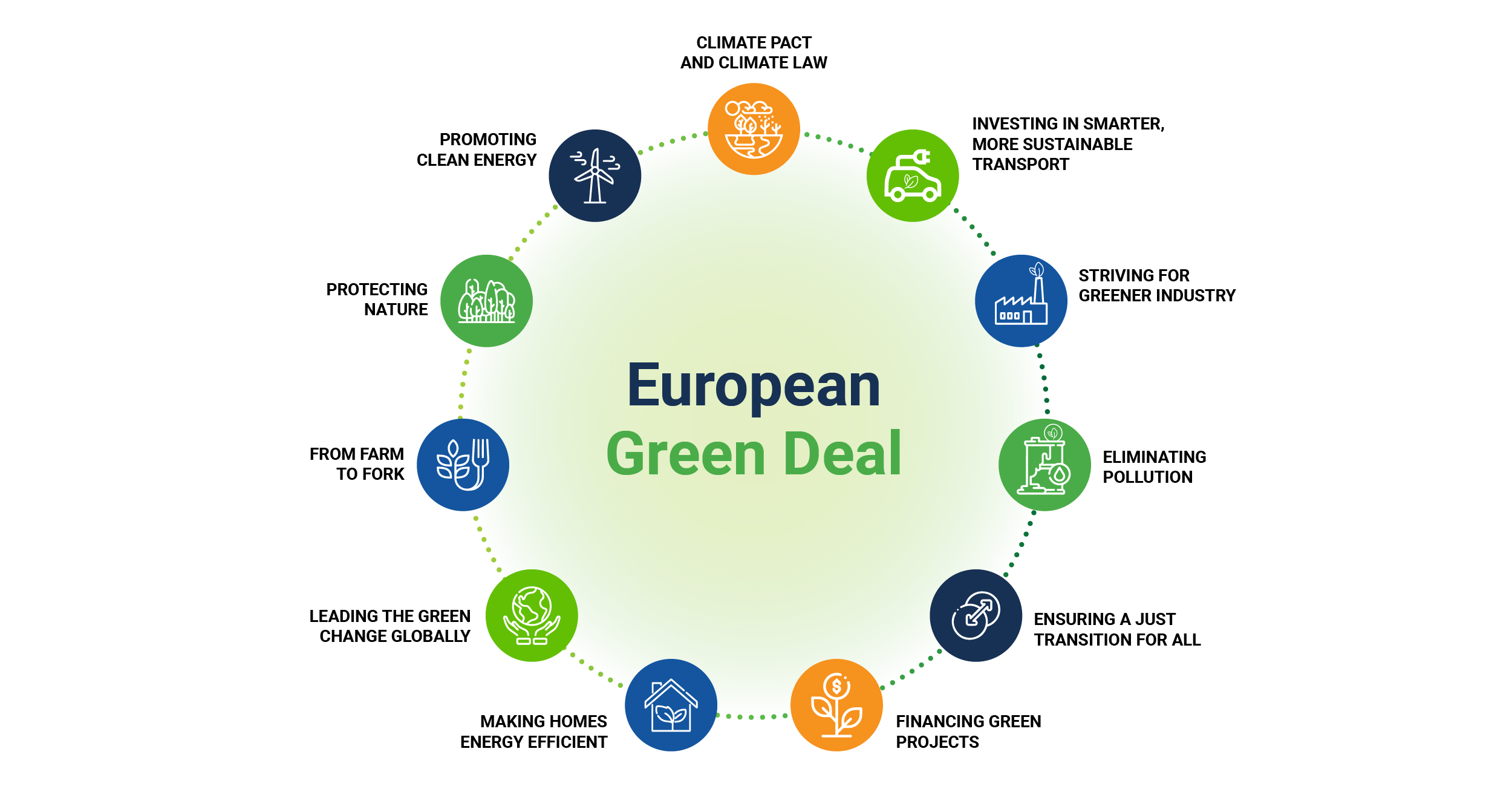Gaurav Sharma | 17th June 2022

With increasing investments in green companies, sustainability strategies that focus on reducing the carbon footprints are no longer optional. There are three ways a company can reduce the amount of carbon it generates; create low carbon products, manufacture in a way that cuts down on emissions and low carbon logistics for sourcing raw materials and supplying to end consumers. While all 3 options are relevant, the problem of sustainability is fundamentally a problem of design and materials. If a product isn’t designed correctly it can’t be reused and recycled. To begin the move towards circularity, companies are building resource efficiency into their operations. This is the use of less materials and energy to achieve the same output. They are also making changes in the types of materials they use and switching to less resource intensive, recyclable or bio-degradable materials. These changes are therefore restructuring supply chains, production processes and metrics of success.

Core to this is the concept of lightweighting. For instance, if the material used in a product is too heavy it also needs additional energy to manufacture and transport. Switching heavier materials to light weight ones is gaining momentum in many sectors such as automotive, energy, health, defence and construction. The European Green Deal has the ambition of making Europe climate neutral by 2050 and lightweight technologies are a critical element for this. Lightweighting requires the development of innovative new materials, as well as efficient manufacturing methods. In sectors such as transport applications in particular, electrification has increased the interest and demand for lightweight design solutions. Lightweighting generally allows for efficient use of resources with high performance. At the same time the new, lightweight material needs to be recyclable and commercially attractive (i.e., low cost) manufacturing/ production methods to be in place.
Currently, several clusters of excellence are working on lightweighting around Europe, performing state-of- the-art research. ELCA (European Lightweight Cluster Alliance) is a collaborative initiative that aims to accelerate the adoption of lightweight materials in strategic industries. The alliance is creating a unique inclusive business framework for exploring lightweight-driven market opportunities. The main players from established industries and research institutions can collaborate and facilitate activities to put the lightweight technologies into practice.
The European Commission is committed to the development of advanced materials for a range of applications from electronics to medical sensors or clean energy. While transport has been an early mover in innovation, but other sectors are catching up too. For instance, energy and resource efficiency are becoming critical in civil engineering and consumer products. This means that advances in polymer composite materials, metallic foams, aerogels, advanced coatings are all areas of interest. Furthermore, smart textiles with a range of functionalities is also an area where innovations in advanced materials will be sought. Novel lightweight materials with improved stiffness, fire resistance, impact resistance, crashworthiness as well as ease of repair will be developed. All this in combination with increased recyclability, cost reduction and automated production will be key to successful implementation.
EBTC and ELCA are working in collaboration to advance lightweighting in Indian companies. The objectives are the promotion of business opportunities, providing a fertile environment for collaborative projects, bringing strategic and technological information, and innovation in materials and manufacturing processes for an industrial context.

There are 2 important projects being supported around lightweighting in Europe.
AMULET
This programme had the goal to support SMEs for different sectors by creating new industrial value chains
through the active participation of industrial clusters. The AMULET project is the only EU-wide initiative
currently working on increasing the penetration of traditional and non-traditional lightweight materials across
different strategic sectors including mobility, energy, and building. AMULET plans to do so through the active
participation of SMEs across the entire lightweight value chain.
RIGHTWEIGHT
The Interreg North-West Europe (NWE) RIGHTWEIGHT project aims to apply lightweight solutions to make
transport greener and to foster the exchange of knowledge and expertise between the automotive and
aerospace industries. The project aims to strengthen the cooperation between technology users and
developers in order to create new business opportunities in the field of lightweight materials.
green, economy, lightweight